The company had previously stated in November 2024 that it postponed the final investment decision due to unfavorable developments in the energy, policy, and market conditions across Europe. However, under the EUR 1.3 billion financial aid agreement with the German Federal Government, the construction of the project was required to start by June 2025. Therefore, ArcelorMittal Germany has officially notified that it cannot continue with the projects.
The company indicated that it will adopt a phased approach to decarbonization in Europe and that the next step at the Bremen and Eisenhüttenstadt plants will focus on detailed planning for the construction of electric arc furnaces, where there is a strong business case for EAF-based production.
ArcelorMittal noted that achieving the 2030 carbon emissions intensity target is becoming increasingly challenging. It emphasized that the slow progress in the energy transition is well documented, including the fact that green hydrogen is not yet a viable fuel source and that natural gas-based DRI production is not competitive as a temporary solution. Additionally, the company pointed out that weak demand and high imports are placing unprecedented pressure on the European steel market.
The company stated that it is in regular contact with the European Commission and Member States to support the sustainability of steel production and the transition to low-carbon technologies in Europe. Key agenda items include electricity prices, high import levels, and the Carbon Border Adjustment Mechanism (CBAM). ArcelorMittal also announced plans to build the next electric arc furnace in Dunkirk, France, in May.
Highlighting that electricity prices in Germany are above the European average, ArcelorMittal Europe CEO Geert van Poelvoorde stated:
“We appreciate the financial support provided by the German Federal Government, the state of Bremen, and the state of Brandenburg. However, even with financial backing, the business case for progressing this transition is not strong enough. The European steel industry is under unprecedented pressure, and the additional costs required for decarbonization make the situation even more difficult.”
Van Poelvoorde emphasized that the implementation of measures under the Steel and Metals Action Plan by the European Commission and Member States is proceeding at an insufficient pace:
“I believe Europe can sustain a thriving steel industry, but commitments need to be translated into decisive, supportive action.”
He also emphasized that the most important priority at present is maintaining a strong demand for steel in Europe:
“The level of imports is high, which is a significant concern. Imports of flat products need to be capped at 15%. This would represent about a 50% reduction compared to what we see today. Once this is achieved, the sector will be in a much stronger position to advance decarbonization investments.”


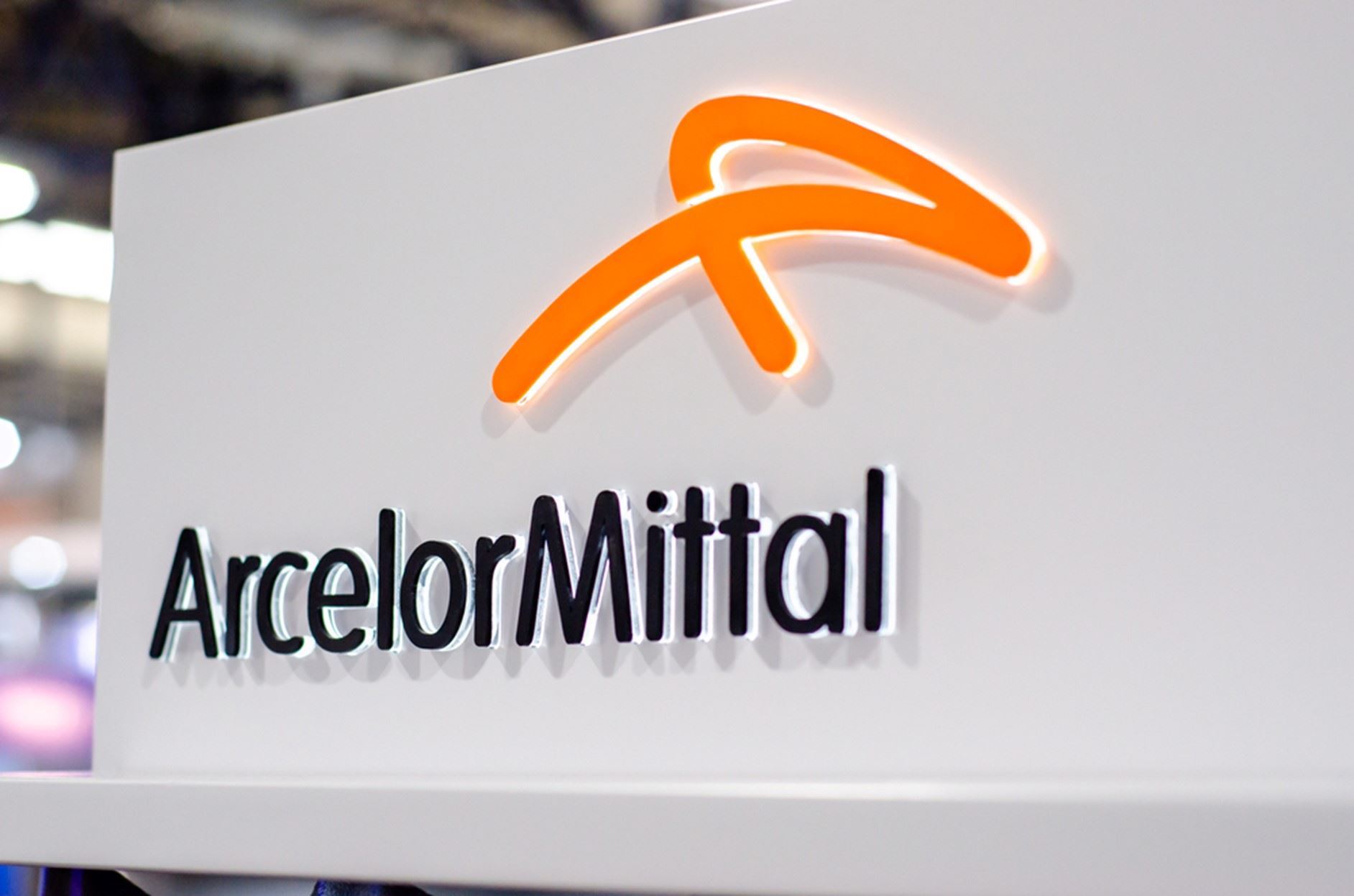

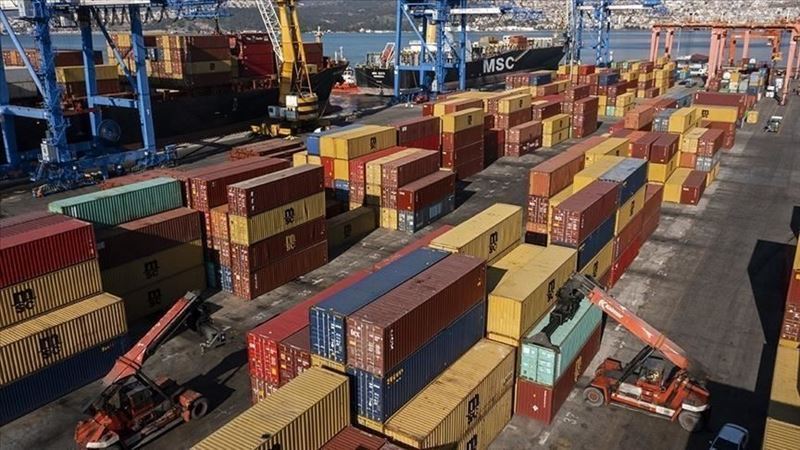
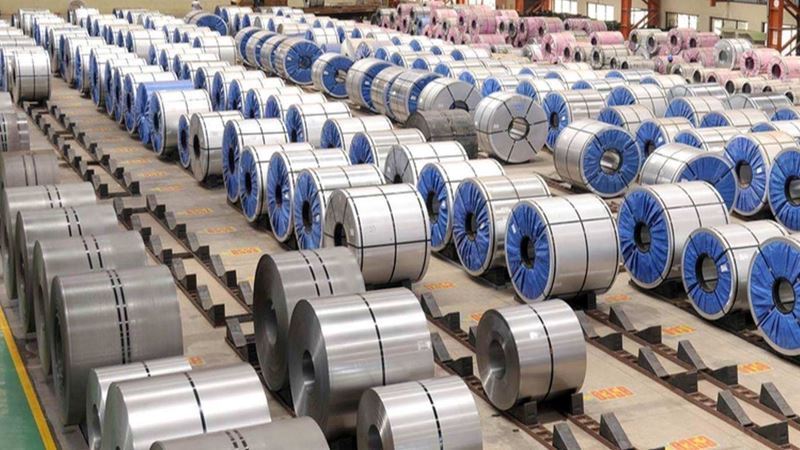
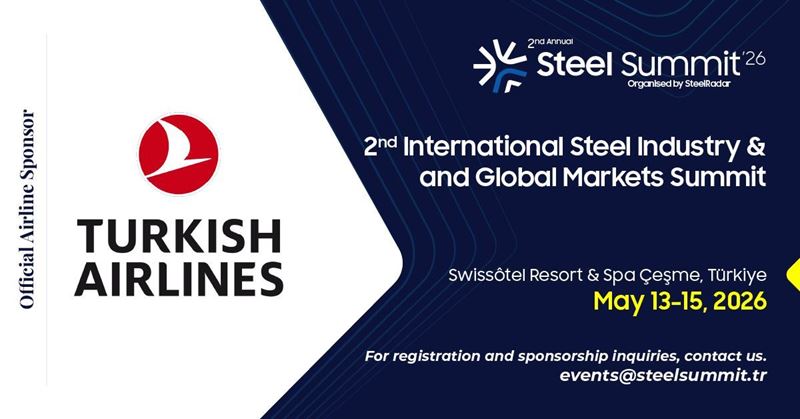
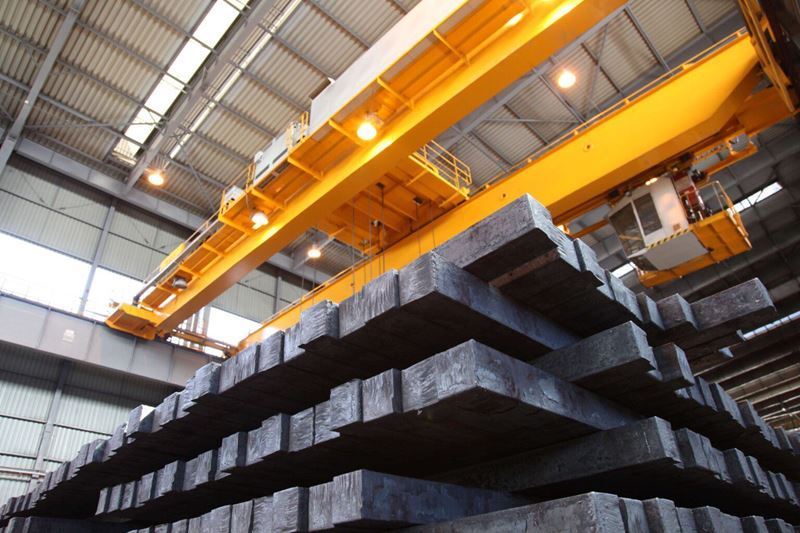
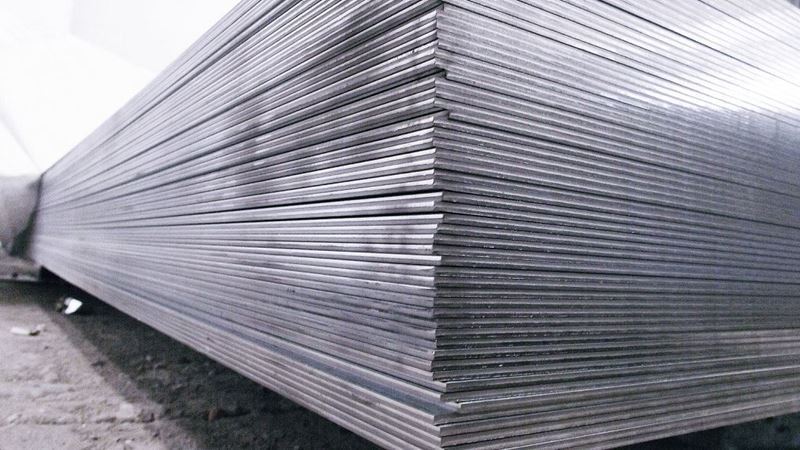


Comments
No comment yet.